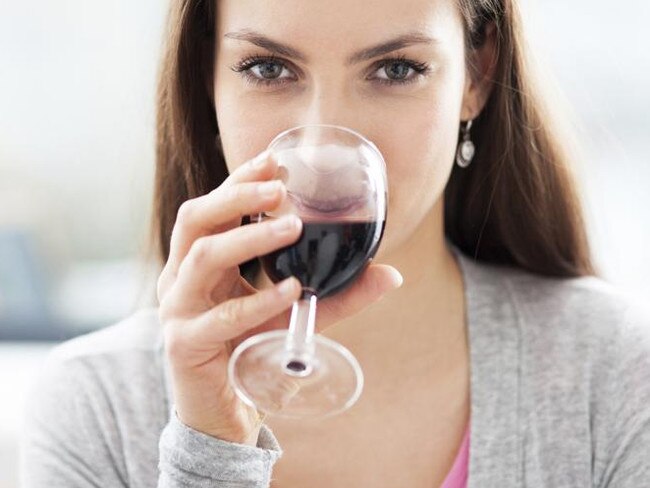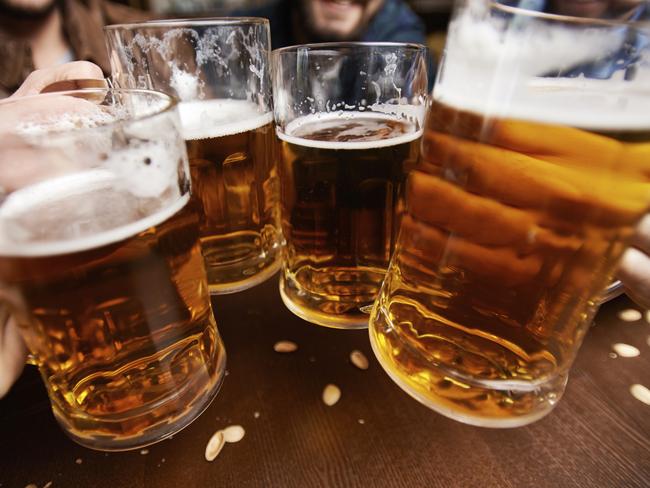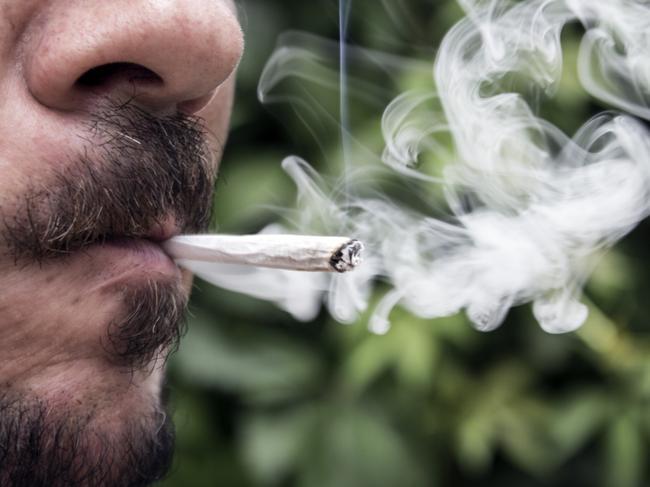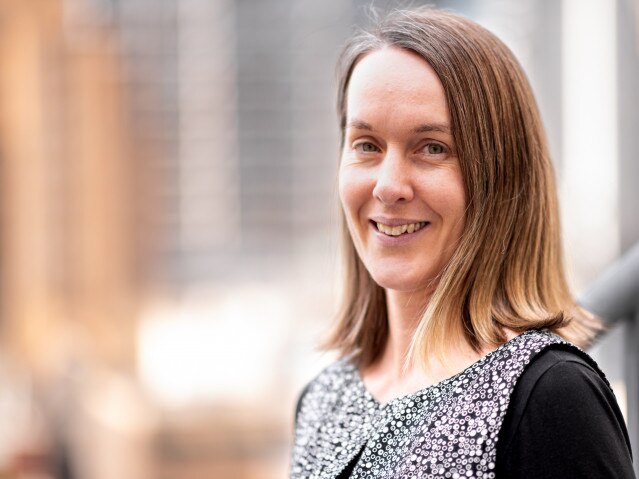More Aussies drinking alone or likely to use cannabis during lockdown, survey reports
The world’s largest drug survey has provided a snapshot of changed substance use patterns during the COVID-19 pandemic.
Two in five Australians have reported drinking more alcohol during lockdown, while the same proportion said they were drinking less, a new study shows.
Dr Monica Barratt from RMIT University, the co-lead researcher of the Global Drug Survey COVID-19 Special Edition, said drinkers who had a diagnosed mental health condition — like feeling depressed, anxious and finding it difficult to cope — were more likely to report increased drinking compared to before the pandemic.
The survey also found twice as many drinkers reported drinking alone while connected with friends through video/audio calls or ‘watch parties’, compared to the 12 months before COVID-19.

“We’re all going through so much at the moment and I don’t know if education alone would help because we need to connect with each other and support each other,” Dr Barratt said.
“What was quite striking was almost half of the sample who reported drinking alone said they were drinking alone more often compared to before the pandemic.
“Many of us are isolated at home and in some ways it's understandable but the more you drink alone, this is a danger sign for problematic drinking so it’s something to keep an eye on.”

With more than half of the Australian sample aged 25 and under, she said the reason for two in five Australians drinking less was because of limited access to the same locations they would normally be in to drink.
As for drugs, about half of the sample increased their cannabis use and more than 50 per cent said they were more likely to consume the drug alone, compared to pre-pandemic February.
MDMA and cocaine use were the most likely to have decreased compared to seven months ago, with the inability to attend nightclubs, festivals and parties being the most common reason.
“Those who had decreased their use of drugs noted the financial and mental health positives for that,” Dr Barratt said.
“For some people, slowing down might have given them cause to think about the positives and build on a different lifestyle once the restrictions ease.
“But we do have to be prepared for more harm occurring due to bingeing on alcohol and drugs once we’re able to do so because it's been such a difficult time and people might want to let off steam.
“The concern there is if people haven't been using drugs for a long time, they may not realise they've reduced their tolerance and may need to be concerned about how much they take.”

Drug market shifts were also reported: including half of Australian respondents saying it was harder to access illegal drugs, one-third reported increases in drug prices, and one in five reported decreased drug purity.
“Closing our borders, you would expect a shock to supply but in saying that, people can still access drugs. We are a relatively isolated country with relatively closed borders compared other countries so our drug markets are affected by these global changes and restrictions,” Dr Barratt said.
“Of those who did access illegal drugs during March to June this year, 64 per cent said there was no change in the drug transaction.
“Only a few reported signs of a constricted drug market when profiling their last drug purchase, such as higher price (8 per cent), difficulty finding a supplier (6 per cent) or taking longer than usual to get the drugs (6 per cent).”

The findings were released on Wednesday as part of the world’s largest drug survey.
There were 55,000 participants from around the world, including 1889 in Australia.


